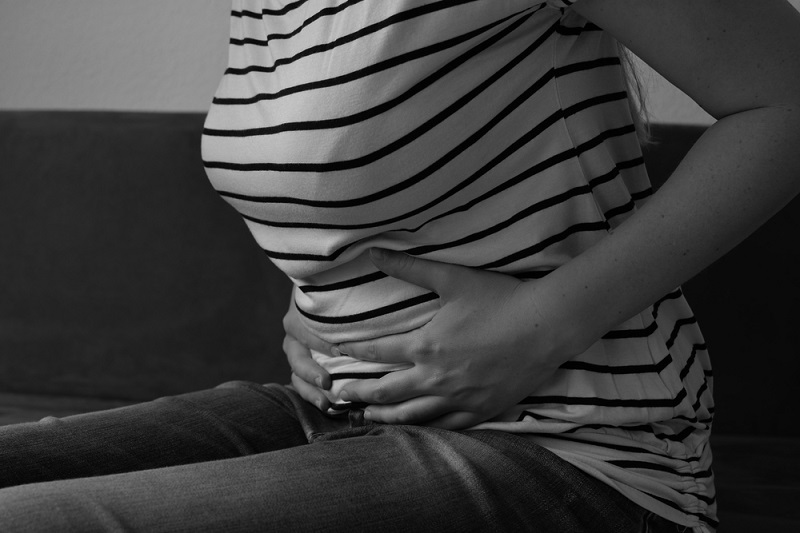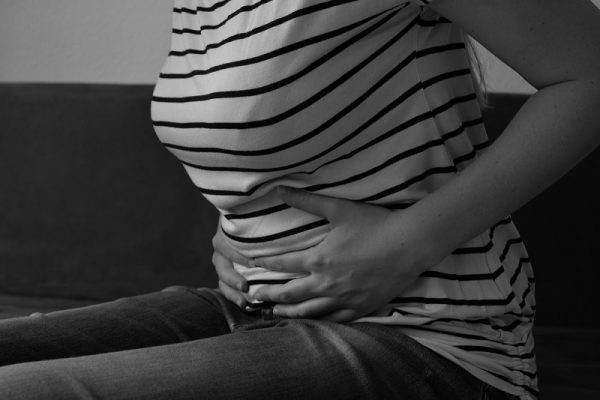Bloating is that temporary extra puffiness around the waist that is caused primarily by air in the intestine. The body can’t break down gas as it does food, so you suffer the discomfort of a distended abdomen. I used to think water retention also causes bloating, but doctors say it’s mainly gas in adults.
It is supposed to be temporary, but if you find yourself suffering from the bloats often, here are a few changes you can make:
1. Take it easy with foods that cause gas: If you have a persistent problem with bloating, consider watching how often you eat foods that cause gas, such as cabbage, beans, avocado, cauliflower, apples, onions, watermelon, etc. Consume them in small quantities. Also, if you’re lactose intolerant, dairy products will give you gas. Avoid them.
2. Eat potassium-rich foods: Foods that contain potassium such as bananas, tomatoes, gingers, citrus fruits, etc. can help you balance out the sodium in your body. Sodium worsens bloating, so the more salt you take per day, the more potassium-rich foods you should eat.
3. Drink water slowly: The benefits of water cannot be overemphasized. I used to have a very poor water drinking habit which was bad for my body. However, the way you drink water also matters. When you drink water in huge gulps, you take air into your stomach, which causes bloating. Take small sips throughout the day, instead of waiting until you’re thirsty to chug large quantities.
4. Reduce carbonated drinks: Carbonated drinks like Coke, Fanta, and other fizzy drinks push extra air into the body, which the body cannot break down. By reducing your intake of such drinks, you reduce the bloating.
5. Chew less gum: If you chew gum a lot you may want to reduce it or ditch the habit completely. Chewing gum introduces air into your tummy, causing you to feel bloated. Believe it or not, these pockets of air here and there do add up. Leave the gum alone and find other ways to keep your mouth fresh or manage stress. Your midsection will thank you for it.
6. Stop eating too fast: Two things happen when you eat your food too fast. Firstly, you swallow air as you chow down (which also happens when you drink too fast, even using a straw), and secondly, you don’t chew your food properly which makes it harder for your system to digest it, creating gas in the intestine.
7. Reduce your salt intake: High sodium contributes to that bloated feeling, so watch it.
8. Watch your fibre intake: A fibre-rich diet has great benefits, but too much of it is bad. Pay attention to your body’s responses and adjust accordingly.
Have you successfully reduced or eliminated bloating? What worked for you? Do share.


